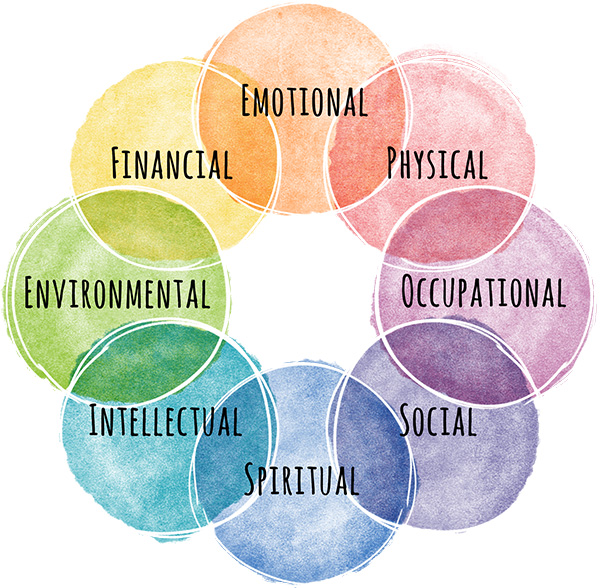Goals
Detailed Goals
Detailed goals serve as your compass, providing clarity and a sense of direction on your journey. They transform broad aspirations into measurable, actionable steps that build momentum and boost confidence. With each detailed goal, you create a solid foundation that aligns your daily decisions with your long-term vision.
Core-concepts
Section 2
Begin by taking a moment to outline your detailed goals. Write down exactly what you want to achieve, specifying the precise actions needed to reach each milestone. Break down your ambitions into clear, actionable steps and include measurable indicators to track progress along the way. This roadmap will guide your everyday decisions, ensuring that every effort brings you closer to the life you envision.
Module 1
Add Detailed Goals
Capture your most important objectives in writing—complete with why, who, when, and how you’ll know you’ve succeeded.
 Question
Question
- What do I want my story to be?
- What am I moving towards?
- How do I personally define success?
- Who do I want to become?
- What am I determined to create?
- Do my goals align with my values and the lifestyle I want?
- What are my top personal goals?
- What specific skills do I want to master?
- Which area of my life do I want to fulfill most?

Actions

Resources
Wellness Goal Ideas for all 8 Dimensions
Setting goals across all eight dimensions of wellness helps you create a balanced, fulfilling life. By defining clear objectives for your emotional, physical, occupational, social, spiritual, intellectual, environmental, and financial well‑being, you ensure that each area of your life receives the attention it deserves. Use the goal ideas below as inspiration to craft personalized targets that align with your values and support holistic growth.
>>>
Emotional Wellness
- Practice daily gratitude by keeping a gratitude journal.
- Seek therapy or counseling when dealing with emotional challenges.
- Develop healthy coping strategies for managing stress.
- Cultivate self-awareness and emotional intelligence.
- Engage in hobbies or activities that bring joy and fulfillment.
Login to view.
Time & energy
Login to view.






 Question
Question